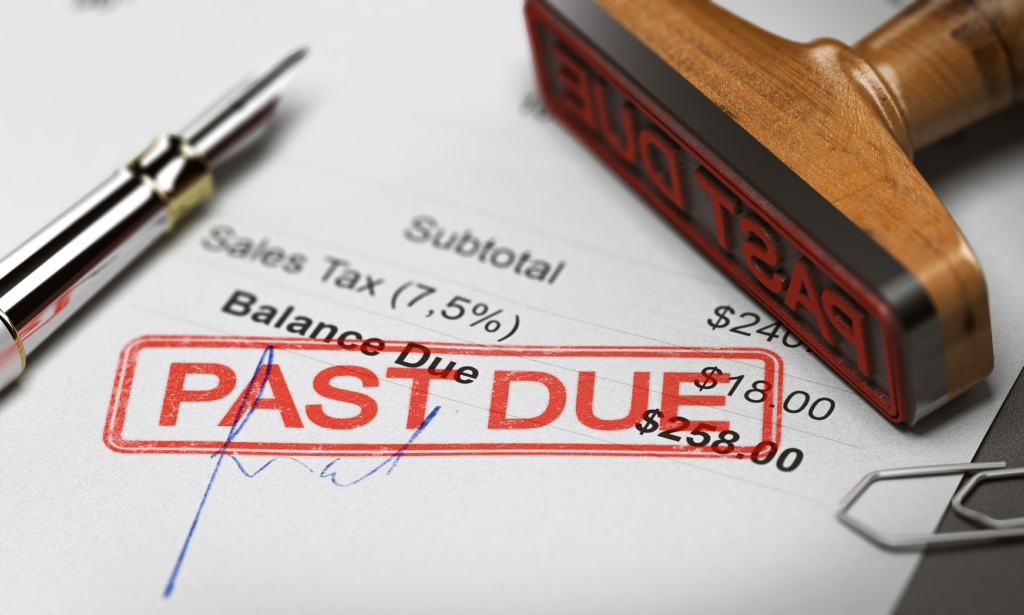Hobbies are a great distraction from the hustle and bustle of work. Over time, some of us become so good at our hobbies that they start providing income for us. How many cupcake bakers, woodworkers, photographers, and other hobbyists do you know who have found an extra source of income doing what they love?
Are you among them?
If you’re regularly making money from a hobby, it might make sense from a tax perspective to turn the sideline into a sole proprietorship. That’s because when you report the income on your Form 1040 tax return as business income, you have more options when it comes to deducting your expenses than if you simply report it as hobby income (on Line 21 Misc Income of your tax return).
Once your hobby is considered a sole proprietorship, you’re able to deduct all expenses and can even deduct a business loss if you don’t turn a profit from time to time. However, simply declaring that a hobby is a business may not be enough to win over the IRS. Instead, ask yourself the following nine questions the IRS uses to determine whether your activity is a hobby or business:
- Do you carry on the activity in a businesslike manner?
- Are the time and effort you put into the activity an indication you intend to make it profitable?
- Do you depend on income from the activity for your livelihood?
- Are your losses due to circumstances beyond your control (or are they normal in the startup phase of your type of business)?
- If you answered yes to the previous question, have you changed your methods of operation to improve profitability?
- Do you or your advisors have the knowledge needed to carry on the activity as a successful business?
- Have you been successful in making a profit in similar activities in the past?
- Does the activity make a profit in some years? (For instance, the past three out of five years?)
- Do you expect to make a future profit from the appreciation of the assets used in the activity?
If you answer “yes” to most of these questions, then you’ll likely benefit from turning your hobby into a business, without much fuss from the IRS. Contact us for more information.
Image Copyright: ruthblack / 123RF Stock Photo

























